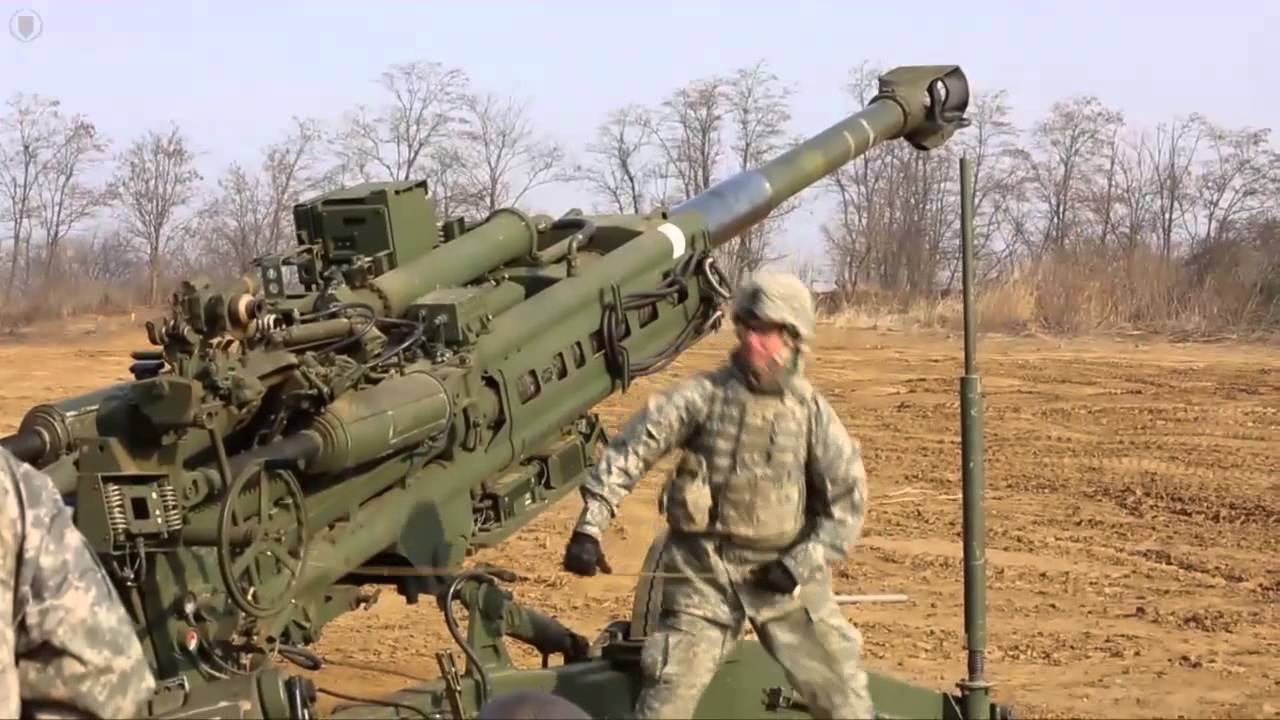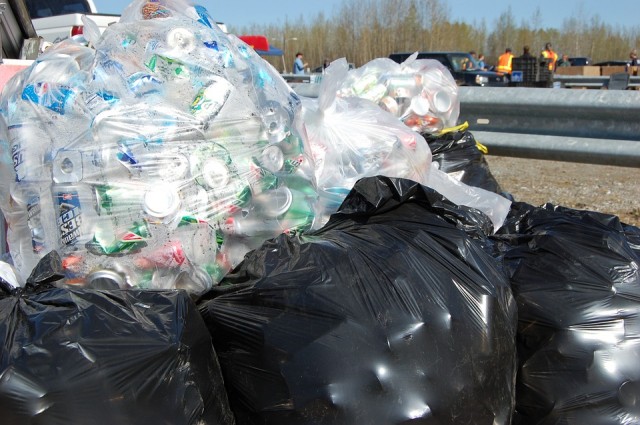 Parler
Parler Gab
Gab
Nearly two years ago, an errant spark inside a mill caused an explosion so big it destroyed all the building’s equipment and blew a corrugated fiberglass wall 100 feet.
It also shut down the sole domestic source of an explosive the Department of Defense relies on to produce bullets, mortar shells, artillery rounds and Tomahawk missiles.
The ramshackle facility makes the original form of gunpowder, known today as black powder, a highly combustible material with hundreds of military applications. The product, for which there is no substitute, is used in small quantities in munitions to ignite more powerful explosives.
Fortunately, no one was hurt in the explosion but the factory is still not operational -- it's being rebuilt -- meaning it cannot supply any black powder either to federal commercial weapons manufacturers or the private sector.
As a result of the pressure to minimize defense expenses and optimize the country's industrial foundation, military suppliers consolidated when the Cold War came to a close. In the past thirty years, the number of fixed-wing aircraft suppliers in the United States has decreased from eight to three. Over the same time frame, significant surface ship manufacturers decreased from eight to two. Today, only three American firms account for over 90 percent of the Pentagon's missile inventory. Subordinate defense firms are frequently the sole source of essential components, such as black powder, and a single crisis could halt production, the WSJ reports. And all this comes at a time when militaries around the world are witnessing how quickly weapons stockpiles can be depleted during a legitimate high-intensity conflict like the one in Ukraine. According to U.S. military officials, defense experts, and congressional staffers, the limited supply of weapons and ammunition has emerged as a growing issue for the United States. This scarcity has impacted the provision of weaponry and ammunition to Ukraine and restocking reserves to brace for a prospective conflict with China in the era of great-power rivalry. After providing Stingers, howitzers, anti-armor systems, and artillery ammunition to Ukraine for several months, stocks in the U.S. and its NATO allies are now low, particularly in 155mm howitzer shells. This ammunition has been instrumental in pushing back Russian forces. “Can you imagine what would happen to these supply chains if the U.S. were in an actual state of active war, or NATO was?” Jeff Rhoads, executive director of the Purdue Institute for National Security, a defense-research institute at Purdue University, told the WSJ. “They could be in trouble very quickly.” Black powder has been a critical substance for military and commercial purposes for a thousand years, the WSJ noted. However, it is now a niche commodity with limited commercial applications, primarily for rocket enthusiasts. Nevertheless, it is still utilized in over 300 munitions, ranging from cruise missiles to M16 rifle bullets, and most importantly, in the vital 155mm shells. In each instance, a small quantity of black powder is employed to detonate a more potent explosive located within the same missile or bullet. For instance, a howitzer's 155mm shell employs half an ounce of black powder, adjacent to 26 pounds of a more potent explosive. Due to the limited sales volume, profits may be insufficient to sustain more than one production facility. This vulnerability is so prevalent that the Pentagon refers to it as the "single source" issue. For instance, in the U.S., only one foundry produces the titanium castings employed in howitzers, and only one company manufactures the rocket motor utilized in the widely-used Javelin antitank weapon in Ukraine, the report said. But, by all means, lets give our weapons stockpiles away to a country most Americans could not have found on a map a year ago. Sources include: WSJ.com NaturalNews.comBy Arsenio Toledo // Share
Is banning meat part of the global cabal’s plan to control the food supply?
By News Editors // Share
El Paso bracing for influx of illegals once Title 42 ends: “we are expecting the worst”
By Ethan Huff // Share
Governments continue to obscure COVID-19 vaccine data amid rising concerns over excess deaths
By patricklewis // Share
Tech giant Microsoft backs EXTINCTION with its support of carbon capture programs
By ramontomeydw // Share
Germany to resume arms exports to Israel despite repeated ceasefire violations
By isabelle // Share










